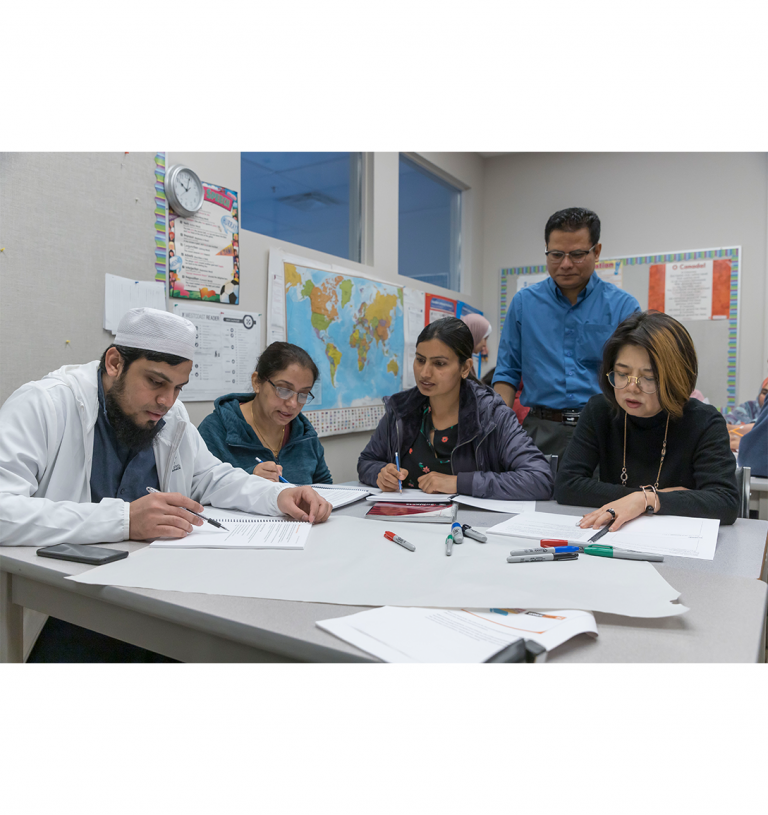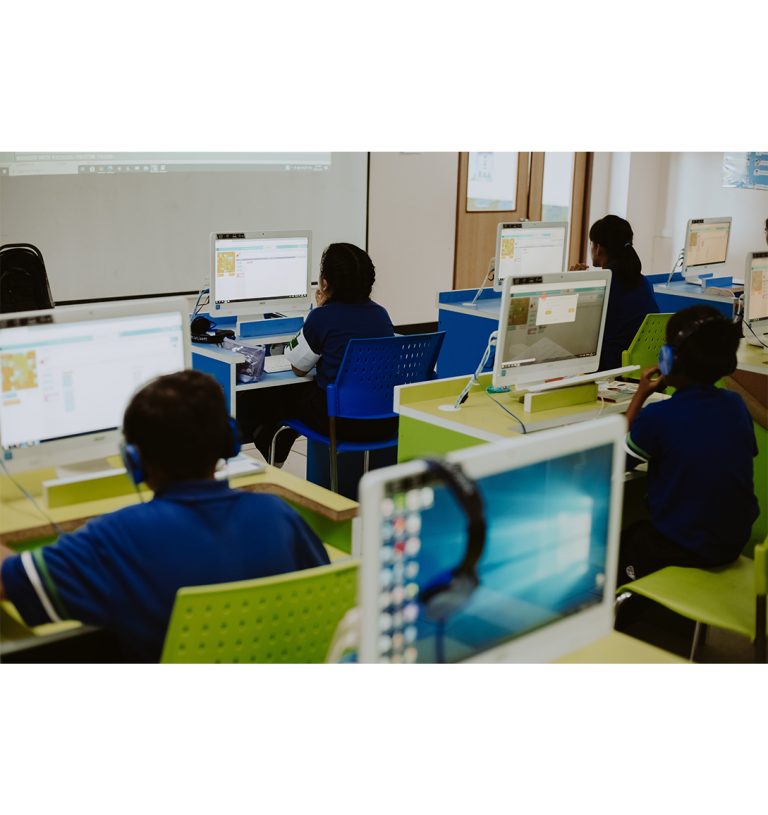This project is a joint research initiative between Dr. Hélène Deacon, Ensuring Full Literacy Co-Lead and Director of the Language and Literacy Lab at Dalhousie University, and the Canadian Children’s Literacy Foundation, Canada’s premier literacy advocacy organization, along with, Dr. Jenny Thomson, Co-Lead of Technology and New Media from the University of Sheffield, Drs. Émilie Courteau and Klaudia Krenca (Postdoctoral Fellows at Dalhousie University).
The purpose of this research is to better understand how parents supports their children’s language and literacy development at home. As children’s language and literacy skills improve over time, parents’ must continuously adapt their support of those skills to provide scaffolding that is age- and ability-appropriate. For instance, singing rhyming songs is beneficial for language development of young children, but support might shift to enabling reading strategies for older children in the late elementary school years. Most prior studies have examined the home literacy environment broadly (e.g., number of books in the home) or have focused on parental influence within narrow sample parameters, such age range (e.g., children in preschool).
In the present research, we expand to a wide age range encompassing both pre- and post-onset of formal literacy instruction. Our research also acknowledges that the medium in which reading is occurring is shifting; adults and children alike are increasingly reading in a digital format. In this transition, there is both concern and optimism: Concern that reading digitally may distract children’s from reading in a deep and focused manner. And optimism that digital reading and technology may support children’s literacy in new ways.
Overall, we plan to investigate the ways in which parents support their children’s language and literacy skills, and how these diverse ways might differ based on many factors.
January 2022 Update
In the Spring (2022), we will sample up to 1500 Canadian parents/guardians who have a child/children 10 years old or younger, with recruitment efforts focused on ensuring multicultural, multilingual, and socioeconomic variability. Through a questionnaire, parents will be asked how they support their child’s reading at home (e.g., sounding out words, predicting how the story might end, asking questions that go beyond the text), rating their own beliefs and attitudes towards teaching their children how to read, and where they obtain their literacy information.
June 2022 Update
In the Summer (2022), we will sample up to 500 Canadian parents/guardians who have a child/children 10 years old or younger. To ensure multicultural, multilingual, and socioeconomic variability , a subset of participant recruitment will target organisations that serve a wide population of Canadian parents in collaboration with the CCLF. Through a questionnaire, parents will be asked how they support their child’s reading at home (e.g., sounding out words, predicting how the story might end, asking questions that go beyond the text), rating their own beliefs and attitudes towards teaching their children how to read, and where they obtain their literacy information. To improve the readability of the questionnaire and to ensure better access to the information for people with lower literacy skills, the questionnaire underwent a clear language and design (CLAD) edit. In collaboration with the CCLF, a professional CLAD consultant reviewed the questionnaire and simplified the language so that the information is more easily read and better understood.




